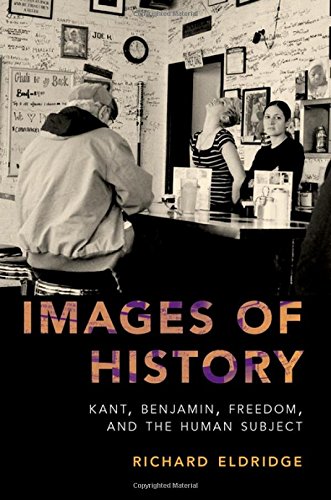(Ebook) Images of history : Kant, Benjamin, freedom, and the human subject by Eldridge, Richard ISBN 9780190605322, 9780190605339, 0190605324, 0190605332
Developing work in the theories of action and explanation, Eldridge argues that moral and political philosophers require accounts of what is historically possible, while historians require rough philosophical understandings of ideals that merit reasonable endorsement.
Both Immanuel Kant and Walter Benjamin recognize this fact. Each sees a special place for religious consciousness and critical practice in the articulation and revision of ideals that are to have cultural effect, but they differ sharply in the forms of religious-philosophical understanding, cultural criticism, and political practice that they favor.
Kant defends a liberal, reformist, Protestant stance, emphasizing the importance of liberty, individual rights, and democratic institutions. His fullest picture of movement toward a moral culture appears in
Religion within the Bounds of Mere Reason, where he describes conjecturally the emergence of an ethical commonwealth.
Benjamin defends a politics of improvisatory alertness and consciousness-raising that is suspicious of progress and liberal reform. He practices a form of modernist, materialist criticism that is strongly rooted in his encounters with Kant, Hölderlin, and Goethe. His fullest, finished picture of this critical practice appears in
One-Way Street, where he traces the continuing force of unsatisfied desires.
By drawing on both Kant and Benjamin, Eldridge hopes to avoid both moralism (standing on sharply specified normative commitments at all costs) and waywardness (rejecting all settled commitments). And in doing so, he seeks to make better sense of the commitment-forming, commitment-revising, anxious, reflective and sometimes grownup acculturated human subjects we are.
*Free conversion of into popular formats such as PDF, DOCX, DOC, AZW, EPUB, and MOBI after payment.


